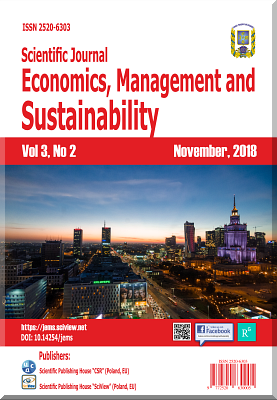The capital structure of mature French SMEs and impact of the great recession: A dynamic panel data analysis (2002-2010)
The capital structure of mature French SMEs and impact of the great recession: A dynamic panel data analysis (2002-2010)
Author(s): Philippe Adair, Mohamed AdaskouSubject(s): Business Economy / Management
Published by: Scientific Publishing House "SciView"
Keywords: balanced panel dataset; capital structure; Generalised Method of Moments; pecking order theory; French SMEs; trade-off theory; sustainable development
Summary/Abstract: Two main theories of the capital structure are tested upon a balanced panel dataset of 2,370 French SMEs during nine years over the period 2003-2007 and the period 2008-2010, assessing the impact of the 2008 crisis accordingly. Trade-off theory is based on the optimisation of a target debt ratio, whereas pecking order theory argues that decision-making is sequential and that firms prefer internal funding to debt, due to asymmetry of information. Unlike other studies devoted to French SMEs, estimates come from a dynamic panel model (Generalised Method of Moments) applied to mature businesses. Profitability, guarantees upon which access to credit is granted, and trade credit confirm trade-off theory. Relationships between debt and the lagged debt ratio, growth opportunities, credit risk and control over ownership support the pecking order theory, which passes better the tests. Hence, no unified theory of the capital structure has yet emerged.
Journal: Economics, Management and Sustainability
- Issue Year: 3/2018
- Issue No: 2
- Page Range: 60-75
- Page Count: 6
- Language: English

